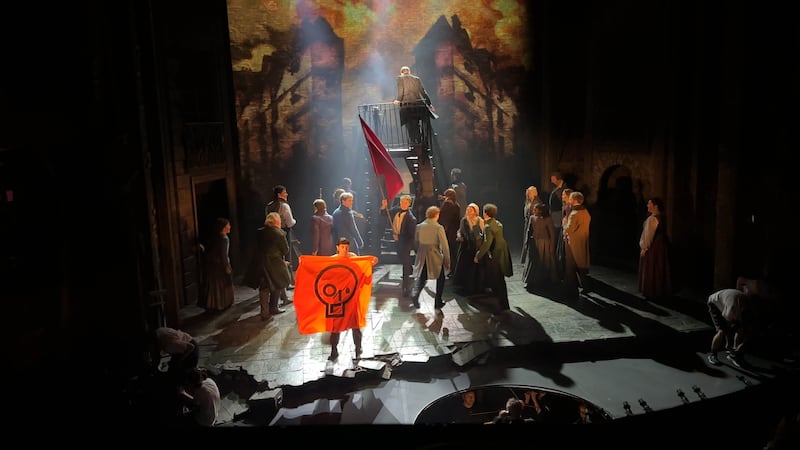THE Attorney General has been asked to order new inquests into the deaths of people killed by an undercover British army unit following new information uncovered by a BBC Panorama investigation team.
Reporter John Ware has tracked down members of the Military Reconnaissance Force (MRF), set up in 1971 but disbanded after just 14 months over serious concerns about the soldiers' tactics.
For the first time some of the unit's former members have broken their 'omerta' about how they "took the war to the IRA, sometimes even imitating the IRA itself".
It was responsible for the deaths of a number of unarmed civilians including west Belfast man Patrick McVeigh, a shipbuilder at Harland and Wolff shot dead as he stood with a group of residents at the junction of Riverdale and Finaghy Road South.
A vehicle carrying six men in plain clothes, armed with rifles and handguns, opened fire on the group in May 1972, killing the 44-year-old father of six and injuring four others.
It was reported at the time that an IRA gun battle had been taking place, but eyewitnesses including a priest who gave the Last Rites to Mr McVeigh refuted this version of events.
Speaking to The Irish News, Pat McVeigh said it wasn't until six weeks after her father's death that the family were called to Springfield Road barracks and told by an RUC inspector the shooting had been carried out by plain-clothes soldiers.
However, the soldiers did not appear at the inquest and the coroner recorded an 'open verdict'.
In 1993 the McVeigh family gathered new evidence taken from eyewitnesses and contacted the RUC for the case to be reinvestigated.
While an extensive review and hundreds of new statements were recorded, no-one was ever prosecuted.
That evidence is with the Historical Enquiries Team.
"After my father's death our family was split up. Because of the rumours around my father's death my brother was forced to leave his job in Harland and Wolff and went to Germany," Ms McVeigh said.
"My father was a hard-working father-of-six, he worked since he was 14, but after his murder there was a slur on his good name.
"We know two of the soldiers involved are still alive, the driver, we found out, died quite recently. We would like the British army to finally accept responsibility.
"I want my father's name cleared and for those responsible to be called to give evidence at a new inquest and tell the truth about what happened.
"History should show my father was an innocent victim."
A second victim to feature in the Panorama investigation is Daniel Rooney, who was just 19 when he was shot as he stood talking to a friend at the corner of St James Crescent in west Belfast in September 1972.
The six soldiers involved also did not attend the original inquest.
Padraig O Muirigh, a solicitor who represents both families, said: "In light of the new evidence gathered by John Ware we will be contacting the Attorney General calling for fresh inquests and also launching civil action against the Ministry of Defence".
A spokesman for the Ministry of Defence said it has referred Panorama's allegations to the police.
Panorama - Britain's Secret Terror Force will be shown on BBC One next Thursday at 9pm.
picture: Declan Roughan
n probe: Above, Pat McVeigh whose father Patrick, far left, was shot dead in 1972. Left, reporter John Ware


